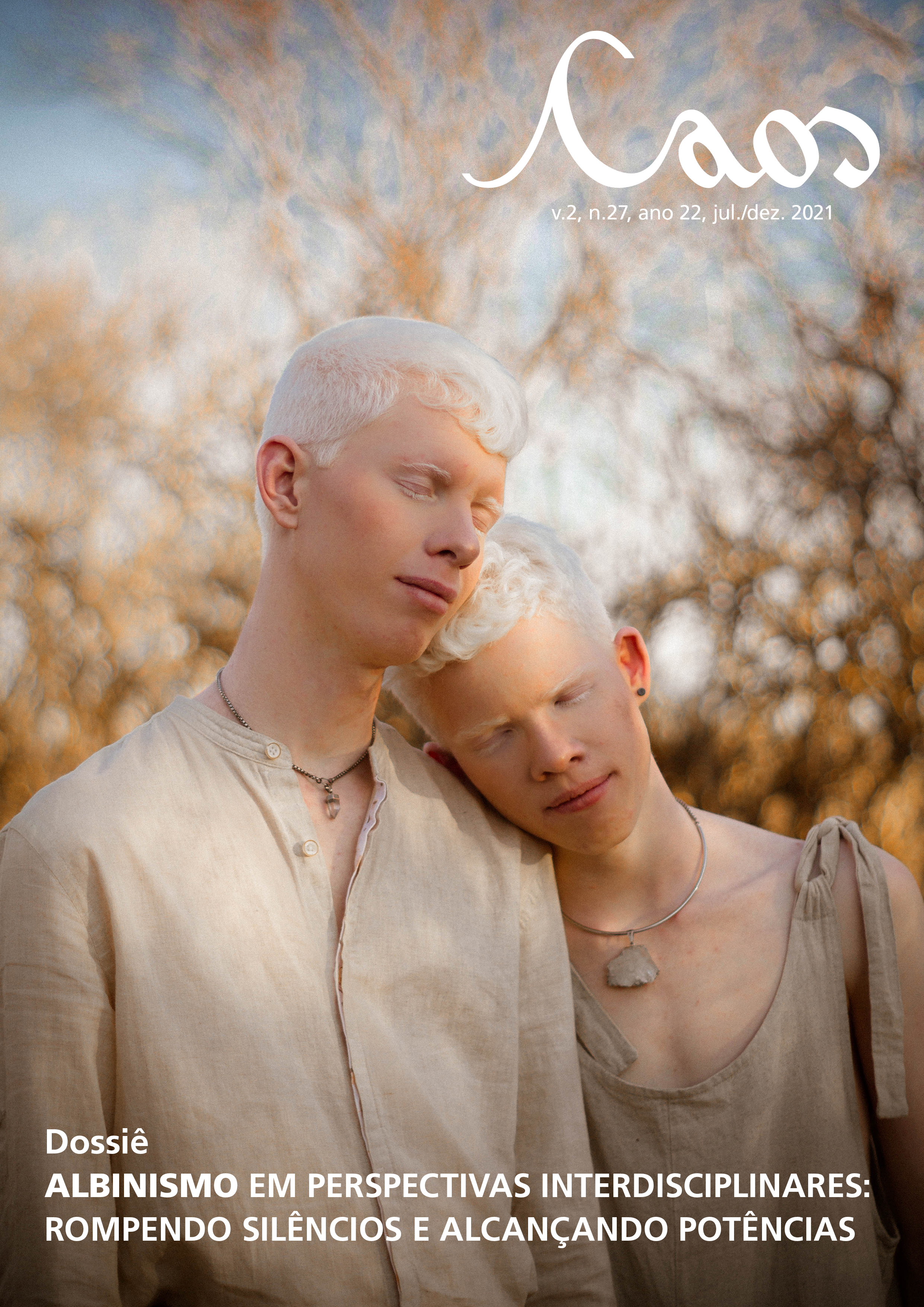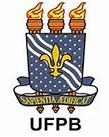AFTER ALL, WHO ARE WE? Identity processes of people with albinism
DOI:
https://doi.org/10.46906/caos.n27.60247.p106-124Keywords:
people with albinism, identity processes, collectivity, recognitionAbstract
The text reflects on the identity processes of people with albinism (PCA), seeking to understand: how do people with albinism perceive themselves?; what meanings does being albino/a have for these people?; which affirmative speeches are triggered? These questions guided the intellectual thrust of this writing research. the result of an ongoing doctorate, with ethnography as its methodological basis. Contact with the interlocutors was established through social networks, initially for socialization purposes, sometimes on my part, sometimes on the part of the interlocutors, resulting in moments of listening, conversations, interviews and presence in virtual spaces exclusive to PCAs. I attempt to share what they consider / see / build as their identity, through their narratives and in the correlations between life trajectories, social interactions, encounters with other PCA and the demarcations of biomedical discourse. For this I establish a dialogue with Oliveira (2005) and Ciampa (1987, 2002) which alters my understanding of identity as a process, a social phenomenon, in constant feedback from the equality / difference binomial and closely linked to power. relations. For the PCAs, the meeting with other equals is a fundamental element so that the processes also assume a collective character of social recognition and political identity. The condition of incipient reflections tends to signal more questions than answers, as well as the progress of the research. It renders impossible closed conclusions, and opens up reflexive and theoretical paths.
Downloads
Metrics
Published
Issue
Section
License
Copyright (c) 2021 Rafaela Melo Magalhães

This work is licensed under a Creative Commons Attribution-NonCommercial 4.0 International License.
A Caos é regida por uma Licença da Creative Commons (CC): CC BY-NC 4.0, aplicada a revistas eletrônicas, com a qual os autores declaram concordar ao fazer a submissão. Os autores retêm os direitos autorais e os de publicação completos.
Segundo essa licença, os autores são os detentores dos direitos autorais (copyright) de seus textos, e concedem direitos de uso para outros, podendo qualquer usuário copiar e redistribuir o material em qualquer suporte ou formato, remixar, transformar e criar a partir do material, ou usá-lo de qualquer outro propósito lícito, observando os seguintes termos: (a) atribuição – o usuário deve atribuir o devido crédito, fornecer um link para a licença, e indicar se foram feitas alterações. Os usos podem ocorrer de qualquer forma razoável, mas não de uma forma que sugira haver o apoio ou aprovação do licenciante; (b) NãoComercial – o material não pode ser usado para fins comerciais; (c) sem restrições adicionais – os usuários não podem aplicar termos jurídicos ou medidas de caráter tecnológico que restrinjam legalmente outros de fazerem algo que a licença permita.
Recomendamos aos autores que, antes de submeterem os manuscritos, acessem os termos completos da licença (clique aqui).
















